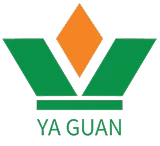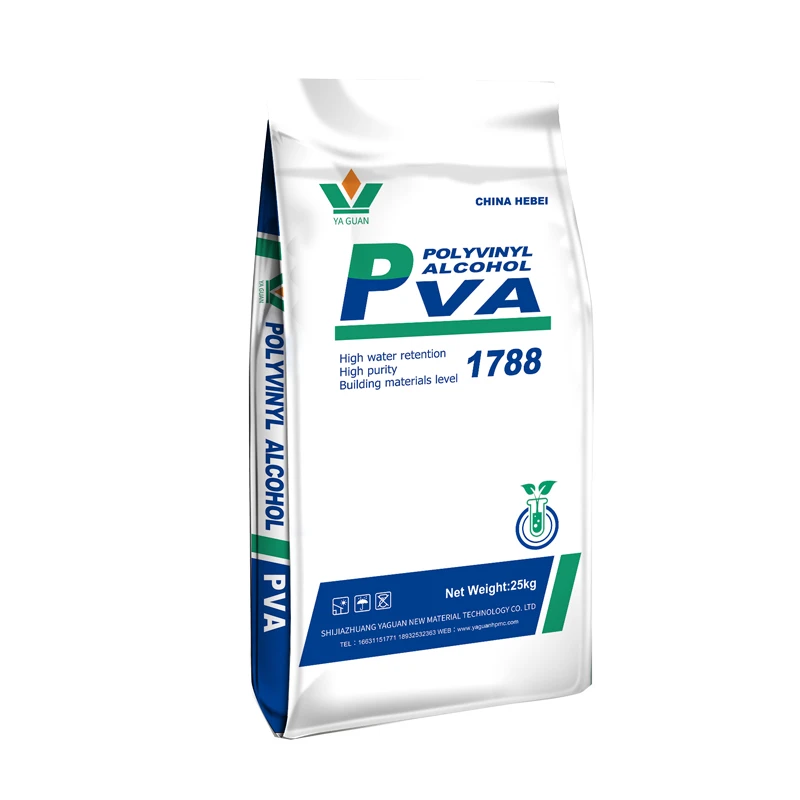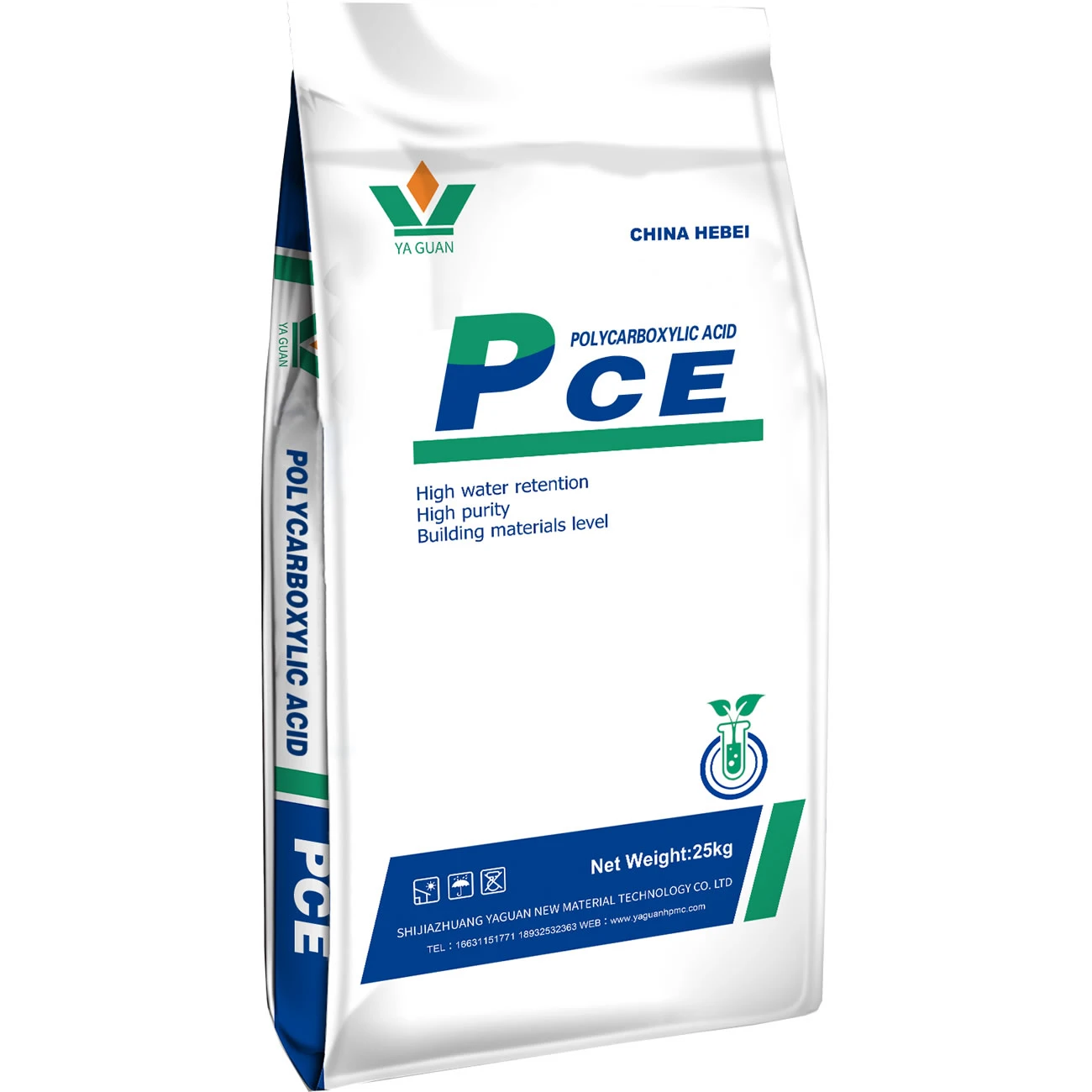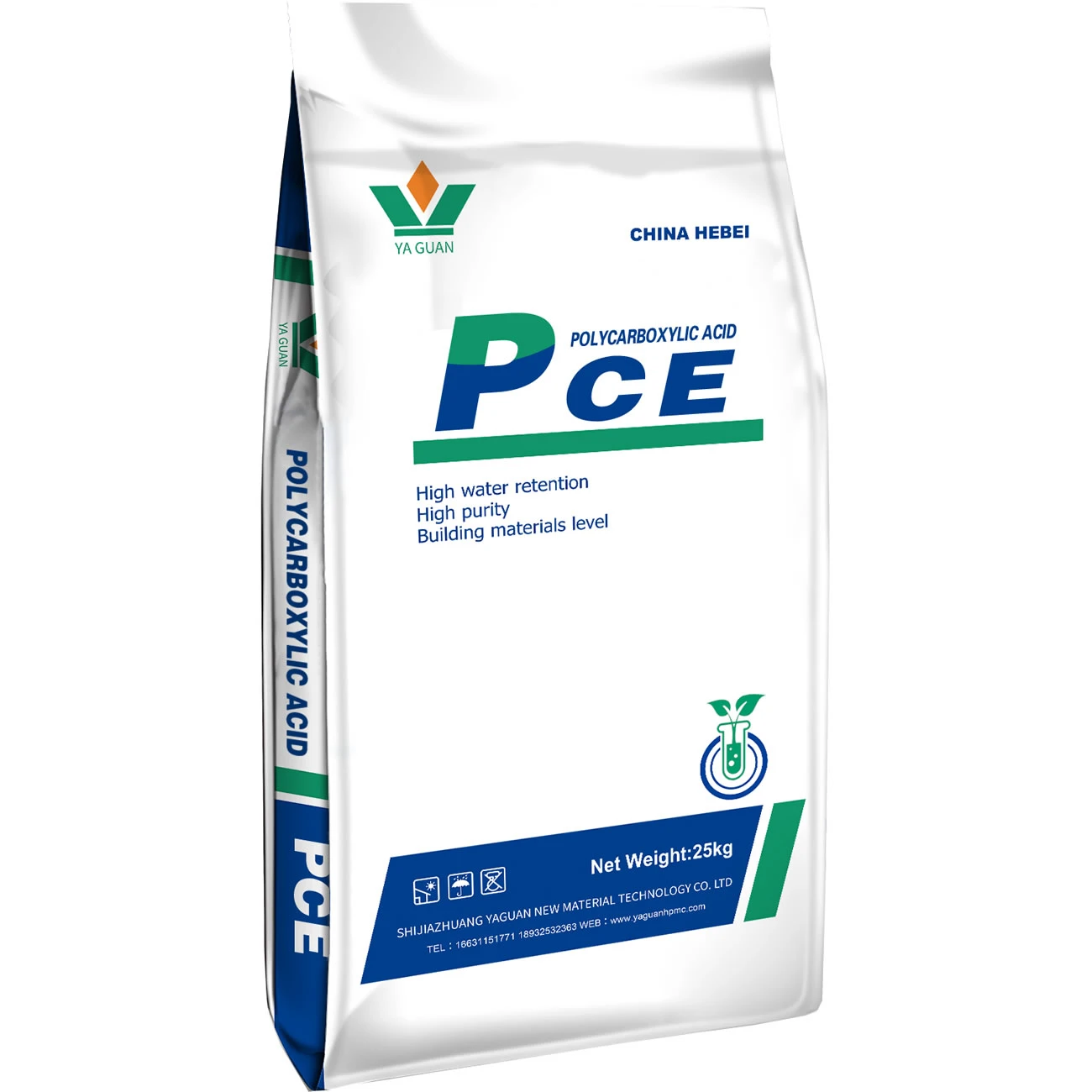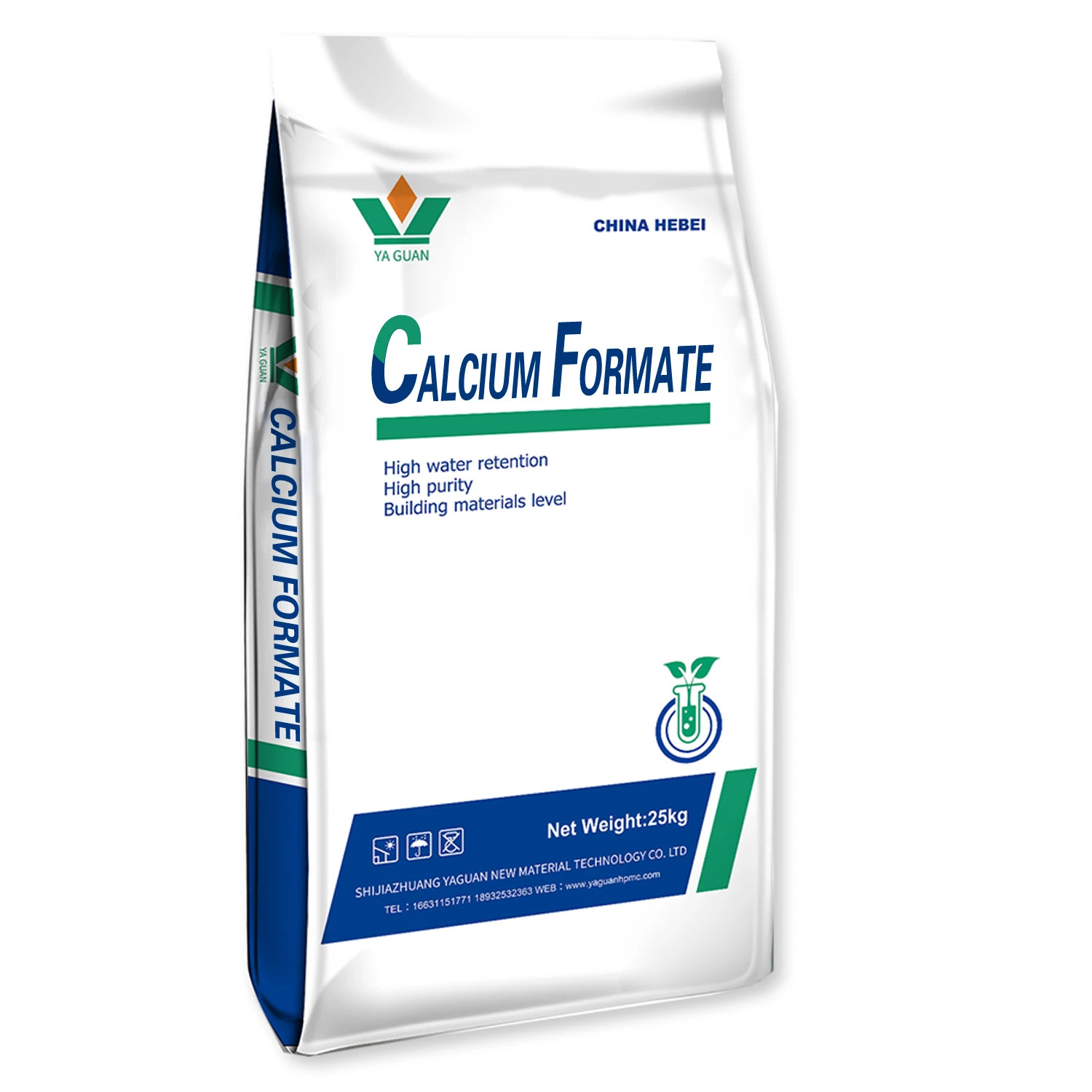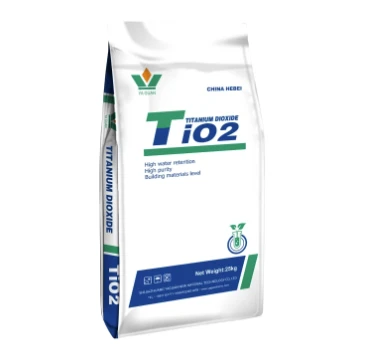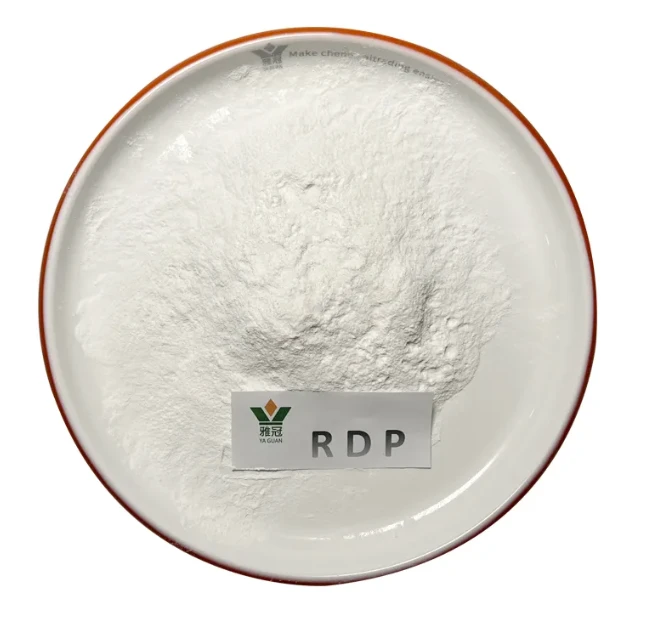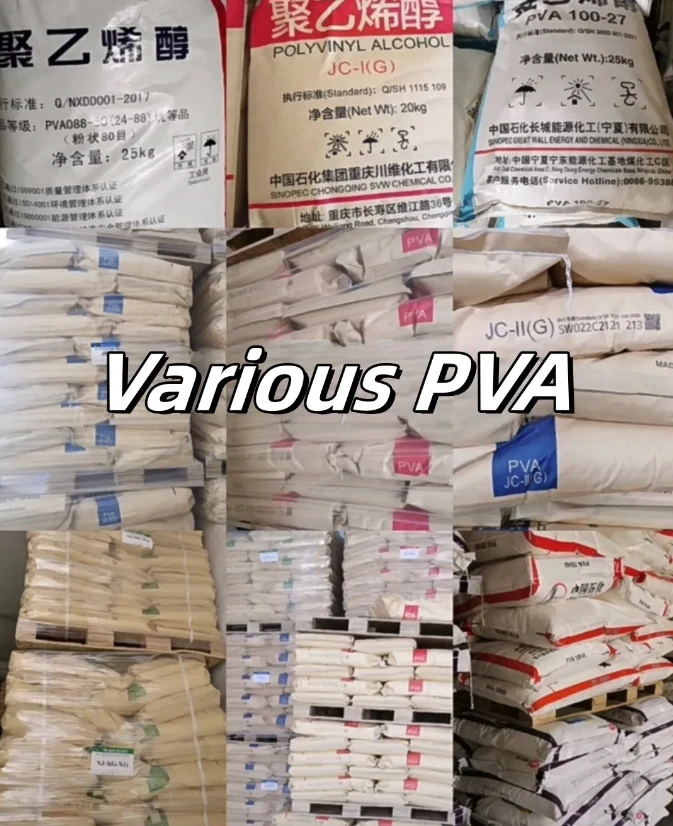
As a wholesaler in the chemical materials market, understanding the solubility parameters of PVA (polyvinyl alcohol) in water is crucial for effectively supplying high - quality products. PVA, a versatile pva polymer, has unique solubility characteristics that influence its applications across various industries. Shijiazhuang Yaguan New Material Technology Co., Ltd. is at the forefront of producing PVA with precisely controlled solubility properties, including specialized variants like waterproof PVA. This article delves into the key parameters affecting PVA solubility in water, exploring how these factors impact its performance and applications, and highlighting the role of Shijiazhuang Yaguan New Material Technology Co., Ltd. in meeting market demands.
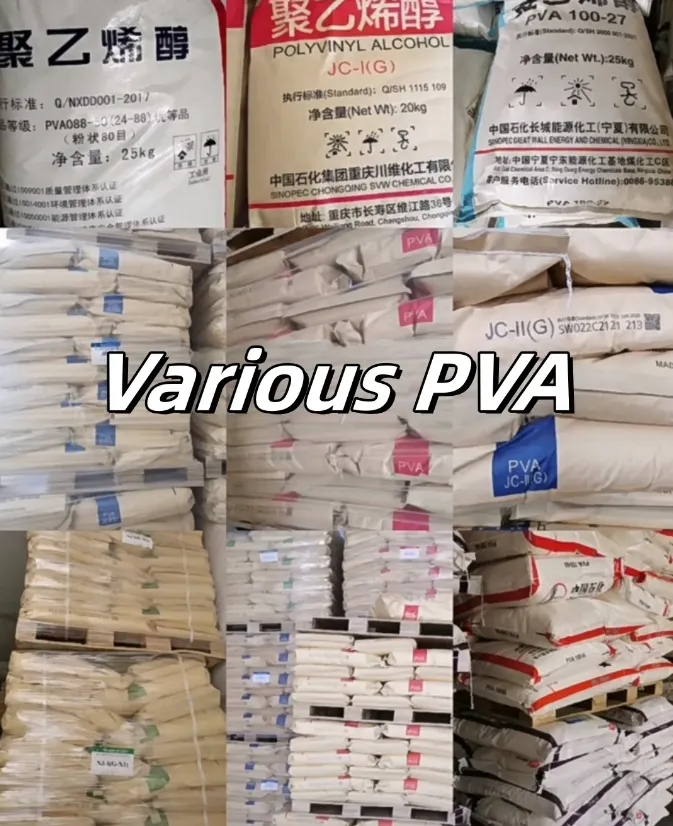
PVA Polymer: The Foundation of Solubility
PVA polymer is a water - soluble synthetic polymer with a linear structure. Its solubility in water is a result of the presence of hydroxyl groups (-OH) along the polymer chain, which can form hydrogen bonds with water molecules. However, the solubility of PVA is not absolute and is influenced by several parameters. Shijiazhuang Yaguan New Material Technology Co., Ltd. carefully controls these parameters during production to offer PVA products with tailored solubility for different applications.
Chemical Structure and Solubility
The chemical structure of the pva polymer significantly impacts its solubility. The degree of polymerization and the degree of alcoholysis are two critical factors:
- Degree of Polymerization: It refers to the number of monomer units in the polymer chain. A higher degree of polymerization generally results in lower solubility in water. Shijiazhuang Yaguan New Material Technology Co., Ltd. produces PVAwith various degrees of polymerization, allowing wholesalers to choose products suitable for different end - uses. For example, lower - molecular - weight PVA polymers dissolve more readily in water and are often used in applications where quick dissolution is required, such as in certain adhesives or textile sizing agents.
- Degree of Alcoholysis: PVAis produced by the hydrolysis of polyvinyl acetate. The degree of alcoholysis indicates the proportion of acetate groups that have been converted to hydroxyl groups. PVA with a higher degree of alcoholysis (usually above 87%) has better solubility in hot water, while those with a lower degree of alcoholysis may dissolve more easily in cold water. Shijiazhuang Yaguan New Material Technology Co., Ltd. offers PVA with different degrees of alcoholysis, enabling wholesalers to meet the diverse solubility requirements of their customers.
Table: Influence of Chemical Structure on PVA Solubility
|
Parameter |
Effect on Solubility |
|
Higher Degree of Polymerization |
Decreases solubility in water; higher - molecular - weight PVA may require more energy to dissolve |
|
Higher Degree of Alcoholysis |
Improves solubility in hot water; more hydroxyl groups enhance hydrogen bonding with water |
|
Lower Degree of Alcoholysis |
Facilitates solubility in cold water; partial presence of acetate groups affects solubility behavior |
Factors Affecting PVA Solubility in Water
Temperature
Temperature is a crucial parameter influencing PVA solubility in water. PVA generally dissolves more readily in hot water than in cold water. As the temperature increases, the kinetic energy of water molecules rises, which helps break the intermolecular forces within the pva polymer and promotes the formation of hydrogen bonds between the PVA and water. Shijiazhuang Yaguan New Material Technology Co., Ltd. provides guidelines to wholesalers on the optimal temperature range for dissolving different types of PVA. For instance, high - alcoholysis - degree PVA typically requires water temperatures of around 80 - 90°C for complete dissolution, while some low - alcoholysis - degree PVA can dissolve well in water at room temperature.
Stirring and Mixing
The rate of stirring and mixing during the dissolution process also affects PVA solubility. Agitation helps to distribute the PVA particles evenly in water, increasing the contact area between the polymer and water molecules. This accelerates the dissolution process. Shijiazhuang Yaguan New Material Technology Co., Ltd. recommends appropriate stirring speeds depending on the type and quantity of PVA being dissolved. Faster stirring can reduce the dissolution time, but excessive stirring may introduce air bubbles, which could be a concern in some applications, such as in the production of clear coatings or adhesives.
Concentration of PVA Lösung
The concentration of the PVA solution being prepared impacts solubility. As the concentration of PVA in water increases, the solubility process becomes more complex. At high concentrations, the PVA chains may start to interact with each other, forming a more viscous solution. This can slow down the dissolution process and may even lead to the formation of gels if not properly managed. Shijiazhuang Yaguan New Material Technology Co., Ltd. offers guidance on the maximum recommended concentrations for different PVA grades to ensure proper dissolution and avoid issues related to excessive viscosity or gel formation.
Waterproof PVA: A Specialized Variant
Waterproof PVA is a modified form of pva polymer that offers enhanced resistance to water penetration while still maintaining certain solubility characteristics. Shijiazhuang Yaguan New Material Technology Co., Ltd. has developed advanced manufacturing techniques to produce waterproof PVA with tailored solubility parameters.
Modification for Waterproofing
The modification process for waterproof PVA typically involves chemical treatments or blending with other materials. These modifications reduce the number of accessible hydroxyl groups for hydrogen bonding with water, thereby decreasing the overall solubility in water. However, waterproof PVA can still be dispersed or partially dissolved under specific conditions, such as in the presence of certain solvents or at elevated temperatures. This controlled solubility allows waterproof PVA to be used in applications where water resistance is required, such as in the production of waterproof coatings, adhesives for outdoor use, and protective films.
Applications of Waterproof PVA
- Coatings: Waterproof PVA- based coatings provide a protective layer on surfaces, preventing water from seeping in. These coatings are commonly used on building materials, wood, and metal surfaces to enhance durability and resistance to moisture.
- Adhesives: In outdoor construction or packaging applications, waterproof PVAadhesives ensure strong bonding even in wet environments. Their limited solubility in water allows them to maintain their adhesive properties when exposed to moisture.
- Protective Films: Waterproof PVAfilms can be used to package products that need to be protected from water, such as electronics or food items in certain situations. The films can be formed by dissolving waterproof PVA in appropriate solvents and then casting or extruding them into thin layers.
Shijiazhuang Yaguan New Material Technology Role in Optimizing PVA Solubility
Research and Development
Shijiazhuang Yaguan New Material Technology Co., Ltd. invests heavily in research and development to optimize the solubility parameters of PVA. The company's R & D team studies the effects of different production processes, chemical modifications, and formulation adjustments on PVA solubility. Through continuous experimentation and innovation, they are able to develop PVA products with improved solubility characteristics, including the specialized waterproof PVA.
Quality Control
To ensure consistent solubility of PVA, Shijiazhuang Yaguan New Material Technology Co., Ltd. has a strict quality control system in place. During production, every batch of PVA is tested for key parameters related to solubility, such as degree of polymerization, degree of alcoholysis, and dissolution time in water at specific temperatures. This rigorous quality control allows the company to deliver PVA products that meet the high - quality standards expected by wholesalers and end - users.
Customer Support
Shijiazhuang Yaguan New Material Technology Co., Ltd. provides comprehensive customer support to wholesalers regarding PVA solubility. The company offers detailed technical documentation, including guidelines on dissolution methods, recommended application conditions, and troubleshooting tips for any solubility - related issues. This support helps wholesalers better serve their customers and ensures the proper use of PVA in various applications.
PVA Solubility FAQS
What is the role of the degree of polymerization in PVA solubility?
The degree of polymerization plays a significant role in PVA solubility. A higher degree of polymerization means a longer pva polymer chain. Longer chains have stronger intermolecular forces, which makes it more difficult for water molecules to break these forces and dissolve the PVA. As a result, PVA with a higher degree of polymerization generally has lower solubility in water. Shijiazhuang Yaguan New Material Technology Co., Ltd. produces PVA with different degrees of polymerization, allowing wholesalers to select products based on the specific solubility requirements of their customers' applications. For example, for applications that require quick dissolution, lower - degree - of - polymerization PVA is more suitable.
How does temperature impact the solubility of PVA?
Temperature has a profound impact on PVA solubility. PVA is more soluble in hot water compared to cold water. When the temperature rises, the kinetic energy of water molecules increases. This increased energy helps to break the intermolecular bonds within the pva polymer and promotes the formation of hydrogen bonds between the PVA and water molecules. Shijiazhuang Yaguan New Material Technology Co., Ltd. recommends different dissolution temperatures for various PVA grades. High - alcoholysis - degree PVA often requires water temperatures of 80 - 90°C for complete dissolution, while some low - alcoholysis - degree PVA can dissolve effectively at room temperature. By controlling the temperature, wholesalers can ensure proper dissolution of PVA for their customers' applications, whether it's in adhesives, coatings, or other industries.
In what applications is waterproof PVA most suitable?
Waterproof PVA is most suitable for applications where water resistance is crucial. In the coatings industry, it is used to create protective layers on building materials, wood, and metal surfaces, preventing water penetration and enhancing durability. For adhesives, especially those used in outdoor construction or packaging exposed to moisture, waterproof PVA ensures strong bonding even in wet conditions. Additionally, in the production of protective films for products that need to be shielded from water, such as electronics or certain food items, waterproof PVA provides an effective barrier. Shijiazhuang Yaguan New Material Technology Co., Ltd.'s waterproof PVA is formulated with specific solubility parameters to perform well in these demanding applications, offering a balance between water resistance and processability.
How can wholesalers ensure proper dissolution of PVA?
Wholesalers can ensure proper dissolution of PVA by following the guidelines provided by Shijiazhuang Yaguan New Material Technology Co., Ltd. First, they should select the appropriate PVA grade based on the intended application and the required solubility characteristics. Then, they need to control the temperature of the water during dissolution, as different PVA grades have specific optimal dissolution temperatures. Stirring or mixing the PVA in water at an appropriate speed also helps to accelerate the dissolution process by increasing the contact area between the polymer and water molecules. Additionally, wholesalers should be aware of the recommended concentration of the PVA solution to avoid issues such as excessive viscosity or gel formation. By carefully managing these factors, wholesalers can ensure that the PVA they supply dissolves properly for their customers' use.
What are the differences in solubility between regular PVA and waterproof PVA?
Regular PVA is generally more soluble in water compared to waterproof PVA. Regular PVA has a higher number of accessible hydroxyl groups that can form hydrogen bonds with water, allowing it to dissolve relatively easily under appropriate conditions, such as at the right temperature and with proper stirring. In contrast, waterproof PVA undergoes modifications that reduce the availability of these hydroxyl groups for hydrogen bonding with water. This results in decreased solubility, which gives waterproof PVA its water - resistant properties. However, waterproof PVA can still be dispersed or partially dissolved under specific conditions, such as in the presence of certain solvents or at elevated temperatures. Shijiazhuang Yaguan New Material Technology Co., Ltd. carefully controls the solubility parameters of both regular PVA and waterproof PVA to meet the diverse needs of different industries.
The solubility parameters of PVA in water are multifaceted and play a critical role in determining its performance and applications. From the chemical structure of the pva polymer to external factors such as temperature, stirring, and concentration, each parameter influences how PVA dissolves in water. Specialized variants like waterproof PVA further expand the range of applications, offering unique properties while still maintaining a certain level of solubility under specific conditions.
Shijiazhuang Yaguan New Material Technology Co., Ltd. is a key player in this field, leveraging its research, quality control, and customer support capabilities to produce PVA products with precisely controlled solubility. As a wholesaler, understanding these solubility parameters and relying on the expertise of manufacturers like Shijiazhuang Yaguan New Material Technology Co., Ltd. is essential for providing high - quality PVA products that meet the diverse demands of customers across various industries, from adhesives and coatings to packaging and beyond.

Durchlässig

